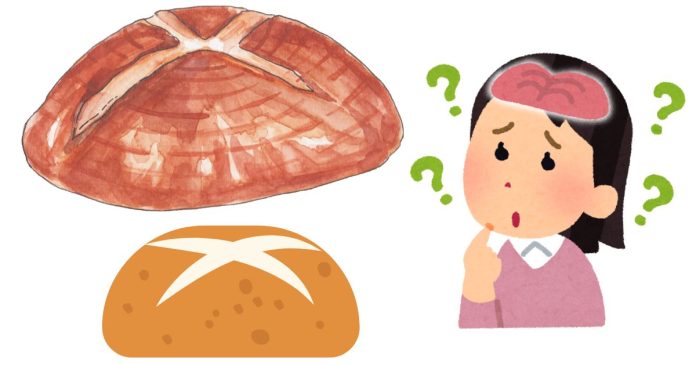Sourdough bread is a unique and ancient form of bread that is known for its distinctive tangy flavor, chewy texture, and the way it is leavened. It’s made using a naturally occurring mixture of wild yeast and lactic acid bacteria, rather than commercial yeast. However, when it comes to gluten-free diets, sourdough bread can be a tricky subject. Here’s a breakdown of why sourdough is both loved and sometimes debated in gluten-free circles:
Why Sourdough Is Popular:
- Flavor: Sourdough has a distinct tangy flavor that comes from the fermentation process, where the wild yeast and bacteria break down sugars and starches in the dough.
- Texture: The bread has a chewy, airy texture with a crisp crust, which many people find appealing.
- Digestibility: Some people believe that sourdough is easier to digest because the fermentation process partially breaks down gluten and phytic acid (an antinutrient found in grains).
- Traditional Baking: It’s a traditional, hands-on form of baking that many people appreciate for its complexity and depth.
Sourdough and Gluten:
While sourdough is beloved for its flavor and digestibility, gluten is still a significant concern for people with celiac disease or non-celiac gluten sensitivity. Here’s what you should know:
- Gluten Content in Traditional Sourdough:
- Traditional sourdough bread made with wheat, rye, or barley still contains gluten. The natural fermentation process can reduce the gluten content slightly, but it is not enough for someone with celiac disease or a gluten sensitivity to safely consume.
- The wild yeast and bacteria involved in fermentation can break down some of the gluten, but they don’t eliminate it. For people who need to avoid gluten completely, traditional sourdough bread made from wheat flour is not safe.
- Gluten-Free Sourdough:
- For those with celiac disease or gluten sensitivity, gluten-free sourdough is a possibility. Some bakeries and home bakers create sourdough using gluten-free flours like rice flour, sorghum flour, or gluten-free oat flour.
- These gluten-free sourdoughs are made using the same fermentation principles, but the base flour does not contain gluten. It can still have a tangy flavor and chewy texture, though it might differ slightly from traditional sourdough in taste and texture.
- Why It’s Controversial for Gluten-Free Diets:
- Cross-Contamination: Even if the sourdough is made with gluten-free ingredients, there’s a risk of cross-contamination with gluten if the same equipment or kitchen space is used for both gluten and gluten-free baking. This is a major concern for those with celiac disease or severe gluten sensitivities.
- Fermentation Process: Some people also worry that while the sourdough culture may reduce gluten, it may not completely eliminate it, leaving trace amounts that could trigger reactions in sensitive individuals.
- Health Benefits:
- For those who are not strictly gluten-free but are sensitive to gluten, the fermentation process in sourdough may still provide some benefits. It can make the bread easier to digest and reduce the glycemic index, making it potentially a better option for some people compared to other types of bread.
Conclusion:
- For Gluten-Free People: Traditional sourdough made from wheat or other gluten-containing grains is not suitable for people with celiac disease or gluten sensitivity. However, gluten-free sourdough made with gluten-free flours is available and can be enjoyed safely by those who need to avoid gluten.
- For the Gluten-Sensitive: Some individuals who are sensitive to gluten (but not severely allergic) may tolerate sourdough better due to the fermentation process, but this varies by person.
- Cross-Contamination Concerns: Always check for potential cross-contamination when purchasing sourdough from bakeries or restaurants, especially if you need to adhere strictly to a gluten-free diet.
If you’re following a gluten-free diet, always verify the ingredients and processes before consuming sourdough to ensure it’s safe for you!


